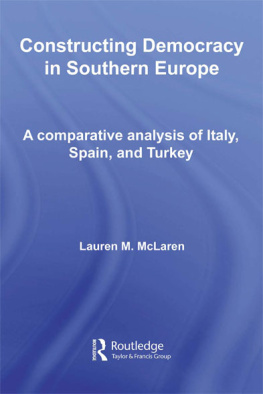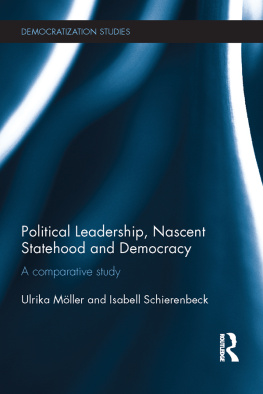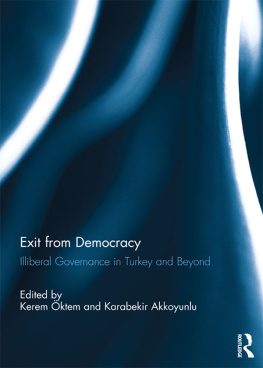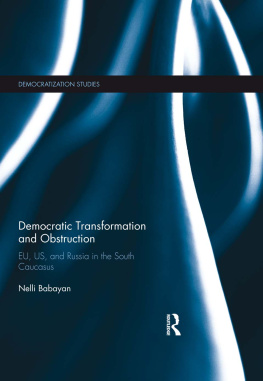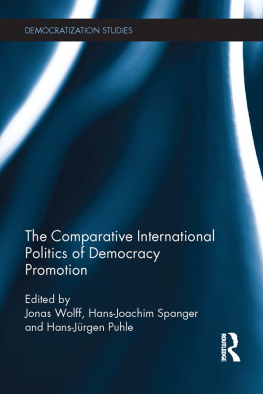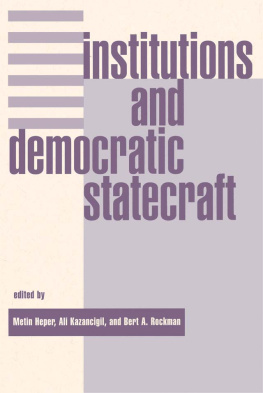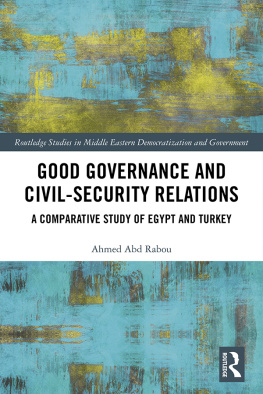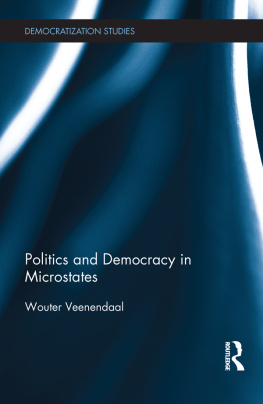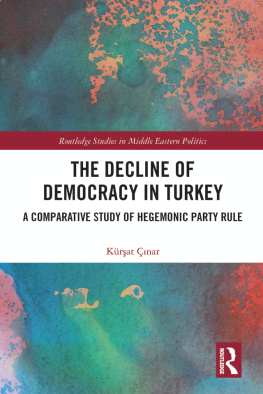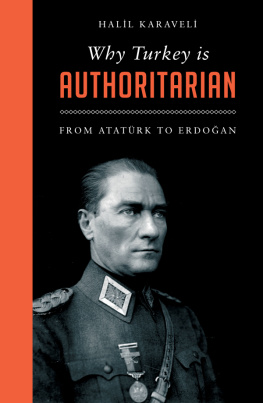Constructing Democracy in Southern Europe
Why are some regimes democratic while others are not? Specifically, how have Spain and Italy managed to become democratic while Turkey, which shares many similar characteristics, has not?
Spain, Italy, and Turkey have shared common historical features which would have been disruptive to any new democracy; however, they represent a wide array of democratization experiences. Providing a comparative case-study analysis, this book offers some clues as to the reasons for successful transitions to democracy. This is done through a range of variables which include:
the degree of stateness problems
learning from previous experiences with democracy and authoritarianism
economic development
the procedures used for designing the new rules of the regime
the existence or absence of civil society and the connection between society and political institutions
the democratic rules themselves
the professionalization of the military
the influence of external factors on democratic consolidation.
By examining these variables across the three countries, Lauren McLaren narrows the range of possible explanations for differences in democratic consolidation. The book will be of particular interest to students and researchers of European Politics and Democratization Studies.
Lauren M. McLaren is Associate Professor of Politics at the University of Nottingham, UK.
Democratization studies
(formerly Democratization studies, Frank Cass)
Series editors: Peter Burnell and Peter Calvert
Democratization Studies combines theoretical and comparative studies with detailed analyses of issues central to democratic progress and its performance, all over the world.
The books in this series aim to encourage debate on the many aspects of democratization that are of interest to policy-makers, administrators and journalists, aid and development personnel, as well as to all those involved in education.
1 Democratization and the Media
Edited by Vicky Randall
2 The Resilience of Democracy
Persistent practice, durable idea
Edited by Peter Burnell and Peter Calvert
3 The Internet, Democracy and Democratization
Edited by Peter Ferdinand
4 Party Development and Democratic Change in Post-communist Europe
Edited by Paul Lewis
5 Democracy Assistance
International co-operation for democratization
Edited by Peter Burnell
6 Opposition and Democracy in South Africa
Edited by Roger Southall
7 The European Union and Democracy Promotion
The case of North Africa
Edited by Richard Gillespie and Richard Youngs
8 Democratization and the Judiciary
Edited by Siri Gloppen, Roberto Gargarella and Elin Skaar
9 Civil Society in Democratization
Edited by Peter Burnell and Peter Calvert
10 The Internet and Politics
Citizens, voters and activists
Edited by Sarah Oates, Diana Owen and Rachel Gibson
11 Democratization in the Muslim World
Changing patterns of authority and power
Edited by Frederic Volpi and Francesco Cavatorta
12 Global Democracy: For and Against
Ethical theory, institutional design and social struggles
Raffaele Marchetti
13 Constructing Democracy in Southern Europe
A comparative analysis of Italy, Spain, and Turkey
Lauren M. McLaren
Constructing Democracy in Southern Europe
A comparative analysis of Italy, Spain, and Turkey
Lauren M. McLaren

LONDON AND NEW YORK
First published 2008
by Routledge
2 Park Square, Milton Park, Abingdon, Oxon OX14 4RN
Simultaneously published in the USA and Canada
by Routledge
270 Madison Ave, New York, NY 10016
Routledge is an imprint of the Taylor & Francis Group, an informa business
This edition published in the Taylor & Francis e-Library, 2007.
To purchase your own copy of this or any of Taylor & Francis or Routledges collection of thousands of eBooks please go to www.eBookstore.tandf.co.uk.
2008 Lauren M. McLaren
All rights reserved. No part of this book may be reprinted or reproduced or utilized in any form or by any electronic, mechanical, or other means, now known or hereafter invented, including photocopying and recording, or in any information storage or retrieval system, without permission in writing from the publishers.
British Library Cataloguing in Publication Data
A catalogue record for this book is available from the British Library
Library of Congress Cataloging in Publication Data
A catalog record for this book has been requested
ISBN13: 978-1-134-07185-2 ePub ISBN
ISBN10: 0-415-43819-5 (hbk)
ISBN10: 0-203-92805-9 (ebk)
ISBN13: 978-0-415-43819-3 (hbk)
ISBN13: 978-0-203-92805-9 (ebk)
Preface
My interest in writing this book developed while I was employed at Bilkent University in Ankara, Turkey between 1998 and 2002. Although I was new to the study of Turkish politics and society, these quickly became topics of keen interest. As a scholar and teacher of comparative politics, my interest naturally moved toward comparative themes. Most perplexing to me was a question that had also perplexed me during many of my years of graduate study: why is it that some countries are able to establish stable regimes that protect and respect the rights of citizens while others struggle with this, sometimes for years. Turkey turned out to be one of those in the latter position, and as I read and learned more about its modern-day history, the parallels between it and other countries in Southern Europe led the comparativist in me to wonder how those other regimes, which faced extremely difficult, potentially destabilizing times, managed to succeed in their attempts to create stable democracy while Turkey had not.

